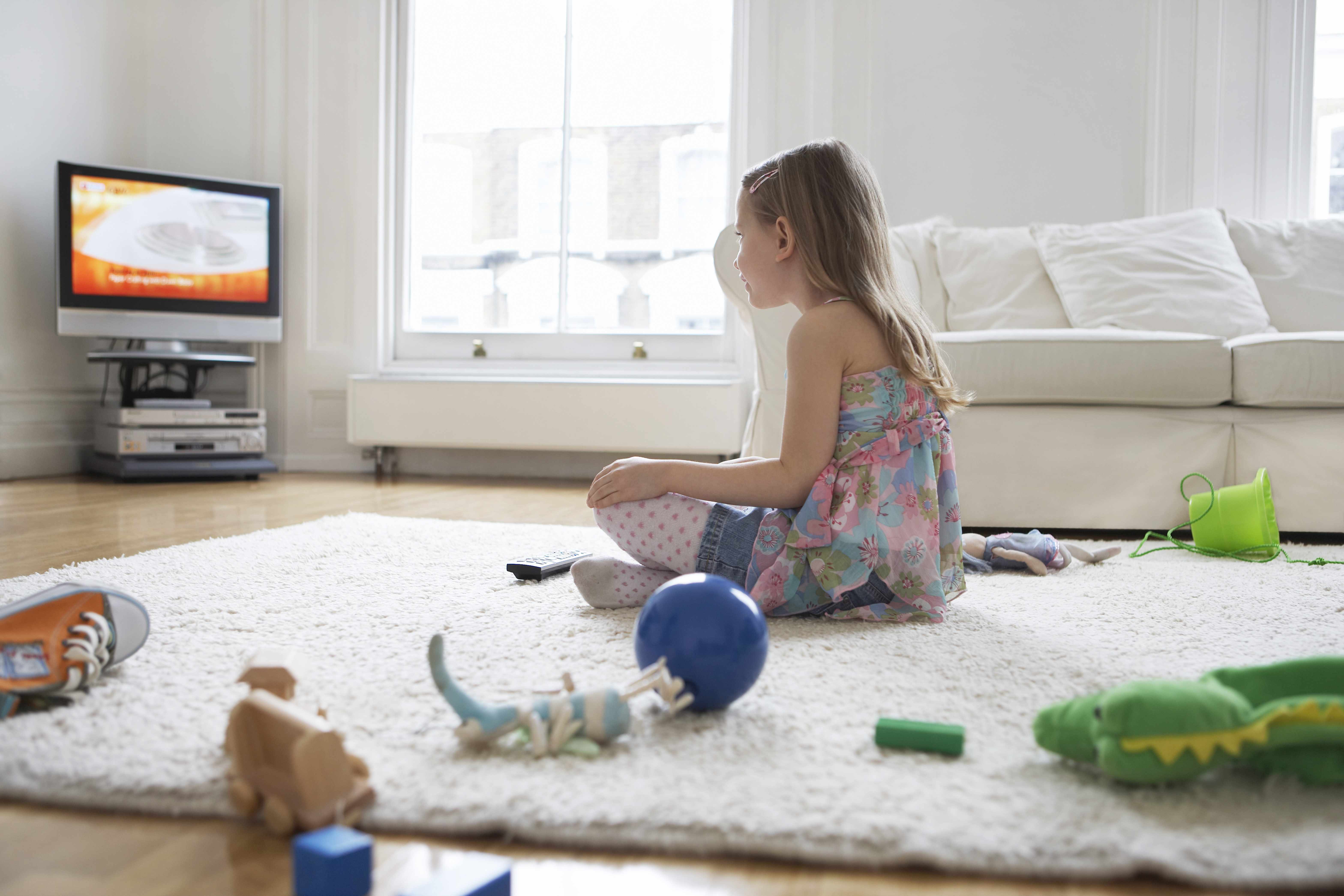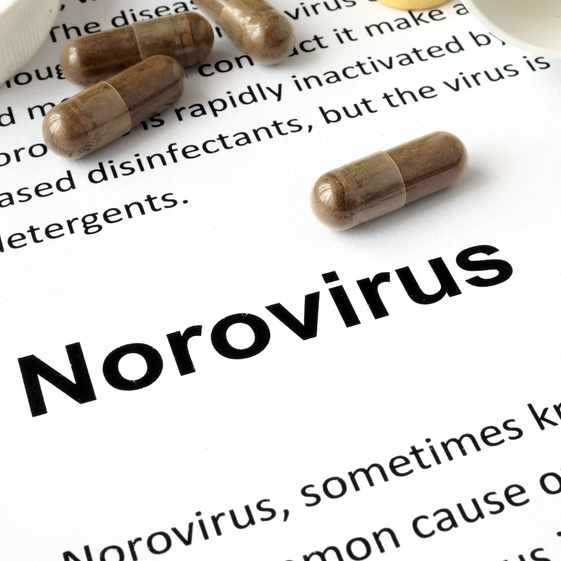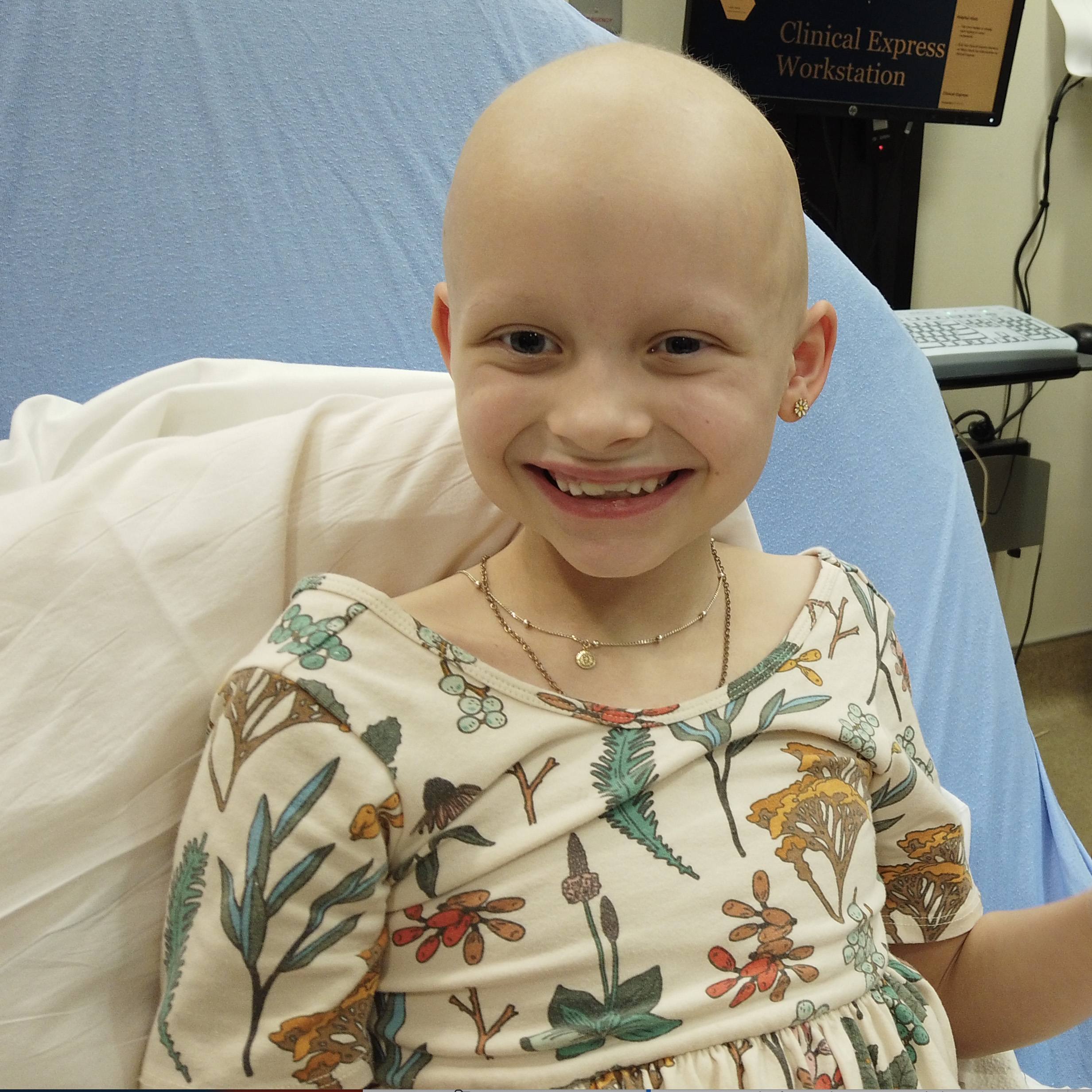-
Children's Center
The children are watching — what can you tell them?

How can parents, caregivers and educators talk with children about racial turmoil and recent news events in the U.S.? Several Mayo Clinic experts say the best approach is proactive and direct.
"I would recommend asking questions to see what your children have picked up, what they understand about the issues, how they’re feeling about it and find out what 'holes' they might have in their knowledge," says psychologist Dr. Jocelyn Lebow. "This will help you frame your response — and their level of understanding might surprise you."
Psychiatrist Dr. Sheila Jowsey-Gregoire agrees. "It's important to let children talk about their concerns," she says. "Be a supportive listener and depending on the age of the child, offer suggestions and positive insights."
"I also would be careful about talking around the issue," says Dr. Lebow. "Naming things and speaking directly about what’s going on, in an age-appropriate way, is going to be more beneficial than hedging or avoiding. It can help to have a conversation about how they might confront or respond to related situations in their everyday life, such as racism, bullying or violence, in a way that’s consistent with the person they want to be."
"I also would be careful about talking around the issue. Naming things and speaking directly about what’s going on, in an age-appropriate way, is going to be more beneficial than hedging or avoiding." - Dr. Jocelyn Lebow
Dr. Amit Sood, director of research in the Mayo Clinic Complementary and Integrative Medicine Program, says, "Help them understand that most people are good, and emphasize it's a few misguided people who can spoil things."
He acknowledges, "Some news channels might only show the bad stuff, but a lot of good things are happening that are going unseen, and those people causing pain to others can teach you what not to do. When you see chaos in the larger world, create positivity in your smaller world."
Dr. Lebow says you know what your child can handle, and it’s healthy for them to see you responding as a human to tragedy. For example, she says let your child know that, “seeing people say cruel and hateful things makes me feel really sad” can help normalize emotional responses he or she might be having.

"It probably makes sense to leave in-depth discussions about what white supremacy means and where the movement originated, for children who are developmentally ready for that content, but at the same time, I think it’s important to resist the urge to whitewash your explanations and answers when kids are asking tough questions," says Dr. Lebow. She adds that providing context about the alt-right movement and where it originates can be an important piece to help older children understand the issue. "For questions that have no easy answer, or to which you don’t know the answer, it’s OK to say that, and then research as a family, using reputable sources."
"Parents and teachers can serve as resilient role models for kids showing that they are handling difficult times with an optimistic, problem-solving approach," says Dr. Jowsey-Gregoire. "If a child seems very stressed, watch for symptoms, such as sleep disturbance, problems in school or appetite changes, that can suggest further evaluation by a family doctor or pediatrician."
"Those people causing pain to others teach you what not to do. When you see chaos in the larger world, create positivity in your smaller world."
- Dr. Amit Sood
Dr. Jowsey-Gregoire says life and political events are constantly changing with both good and bad events, and offers this reminder, "The good events seem to get less news coverage so help the child see that there is more to consider beyond what is showing up in the news feeds."

"Parents and teachers can serve as resilient role models for kids showing that they are handling difficult times with an optimistic, problem-solving approach. If a child seems very stressed, watch for symptoms, such as sleep disturbance, problems in school or appetite changes, that can suggest further evaluation by a family doctor or pediatrician." - Dr. Sheila Jowsey-Gregoire
"There may be some simple but important ways that kids can get involved, and they can talk to their teachers and parents about this," says Dr. Jowsey-Gregoire. "Optimism, helping others, turning to your support network, reinforcing your values through organizations or faith communities are all resilient ways of coping with stressful times."
Dr. Sood suggests you can do simple things like sending text messages that teach values, secular or faith-based. "And you can support causes/organizations that further peace and spread good values in the world," he says.
Related resources:
- American Academy of Pediatrics
- American Psychiatric Association
- American Psychological Association
- Response to the discriminatory violence
- Public Broadcasting Service
- Coping with grieve after community violence
- Anti-Defamation League
- Escape the avalanche of negative news
- Beware of Binge-watching negative news
- Negative news overload: turn off, take action
Related Articles







